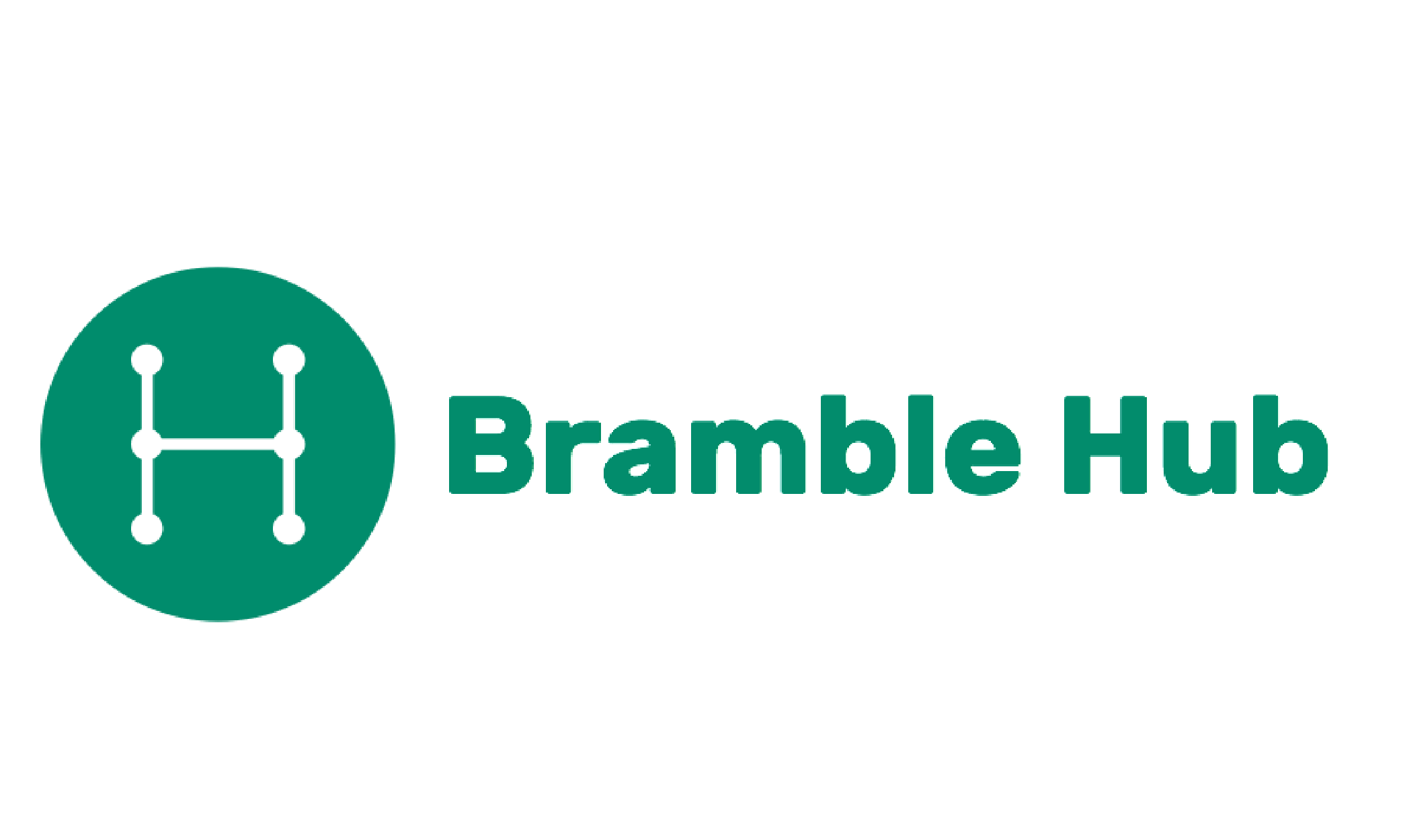20 Years a Procurement Professional

2022 marks 20 years as a procurement professional for me. Since leaving university I’ve worked supply-side managing and forecasting client demand. I’ve worked across an extraordinary range of category spend. I’ve been a supplier manager and set-up and led several Procurement functions. I’ve outsourced whole departments and discreet processes, and currently I work as a sourcing and supplier management consultant for Hanya Partners.
This moment of reflection got me thinking, what would the Me of today tell the 22-year-old Me, to help him have a successful procurement career? In no particular order, and with tongue-firmly-in-cheek, here are some thoughts that came to mind.
Audit Trails are Your Friend
Documenting the procurement process diligently is good practice (you really should do it). However, nobody likes paperwork, and nobody likes getting approvals. At some point in your procurement career, you are going to have to do a deal that you know stinks. The business had already chosen the supplier, the commercials were rubbish, the requirements were defined badly, the risks that weren’t acceptable 6 months ago are immediately palatable because the project is delayed. If you haven’t done one of these deals yet, you will and when it comes time for Internal Audit to pop their heads round the door… it’ll be your truly horrendous deal they gravitate towards. At which point you’ll be grateful when the business approval, for those wholly inadequate requirements, has been captured. You’ll be thankful when the Risk Committee minutes clearly show those ludicrous risks were accepted. And that Sourcing Approach document you prepared, which highlighted your concerns with a single source approach? Gold dust!
Nobody Likes the Travel Category Manager
For most organisations saving money on travel spend requires, (1) Colleagues to stop travelling, or (2) Choice to be constrained through the Travel Policy. Generally, as Travel Category Manager you will not have the influence to achieve (1), and you’ll be ignored for (2).
The first people to ignore the new Travel Policy rules will be the Directors and C-Suite you need to role model the right behaviours. Everyone else will soon follow suit when they realise they can use Google to find an airfare or hotel which is better, and costs less, than the one proposed by your Travel Management Company based on the new policy rules. There is always a better deal somewhere on the internet.
Once the business take the credit for any savings delivered from reduced levels of travel, and everyone has ignored your new policy… there won’t be any savings left. Finance will be disappointed; your manager will be dissatisfied, and your colleagues won’t like you. Avoid being the Category Manager for Travel.
Cutting Short the Procurement Process Delays Programmes
A Programme Director appears at your desk and says they need a new supplier, urgently, otherwise Project Unicorn will be delayed. Luckily, someone in Project Unicorn knows a supplier that can do this. All that’s required is a contract, as there is no time for the procurement process.
The extent to which cutting short the procurement process is such a bad idea is almost perfectly correlated to the scale/importance of the supply relationship in question. The more critical the supplier the more critical the procurement process becomes.
The “X” weeks Project Unicorn saved circumventing the procurement process will be more than lost through protracted contract negotiations, change requests, misunderstandings, delays, and disputes. Time spent with multiple suppliers interrogating the requirements, evaluating the delivery schedule, and considering the commercial protections required by both parties are important qualitative aspects of what we do as procurement professionals. Rushing this is the epitome of a false economy.
If you do get bounced into circumventing the procurement process, refer to Audit Trails are Your Friend.
Beware the Software Audit
You are the Software Buyer, and your organisation utilises ABC Software from Boutique Software Ltd. Boutique Software Ltd. is bought by Multi-National Software Inc. Shortly after the acquisition Multi-National Software Inc. changes the name of ABC Software to —Velocity Impact—©. After a month or two, Multi-National Software Inc. changes the product IDs and licensing terms for —Velocity Impact—©.
As night follows day, a software audit is coming. In the event your organisation does not professionally manage its software assets, then it is almost certain that you will not be sufficiently licensed and Multi-National Software Inc. will be asking for an eye-gauging sum in compensation. This sum won’t correlate to any of the prices you’ve paid before and good luck trying to understand how they’ve come up with the amount.
If your IT department does not professionally manage its software assets, this will likely land on your desk to manage. Invariably this will result in you, the Software Buyer, trying to defend the indefensible to the CFO. Not pleasant and not good for career progression.
IT should be aware when new software is procured, and if there isn’t active asset management taking place, shout very loudly about it. And if that doesn’t rectify the situation then consider applying for the Travel Category Manager role, its preferable to a software audit!
Imagine if You Had to Manage It
Years ago, I negotiated a contract which involved consolidating and outsourcing a variety of services to single supplier. Following contract execution, the business function asked if I wanted to move teams and become the supplier manager for this relationship. I hadn’t had formal supplier management responsibilities before and thought this was an ideal opportunity to broaden my experience.
Many parts of this experience were excellent, except having to implement the commercial and service credit regime that the idiot procurement manager had negotiated… and at no point was it lost on me that I was that idiot. It was too complex, too precise and lacked any form of flexibility. The relationship with the supplier succeeded not because of the deal I had negotiated, but in-spite of it.
Ever since then I’ve always tried to consider, “would I like to have to manage this supplier to these terms”, whenever I negotiate a deal. The younger me would do well to know this sooner rather than later.
Finally
Like most people I know who work in procurement, I’ve never regretted my career choice and that allows me to look forward in anticipation.
If you are new to the world of supply chain and procurement, take the above onboard but please, do not take it too seriously… after all I actually had a lot of fun managing Travel (less so the software audits). Hopefully, those with established careers will recognise these situations and will have a wry smile to themselves when reading this.
Thank you for reading and if you get a chance, please put your favourite career learnings or anecdotes in the comments, I for one would love to read them.
About Hanya Partners
Part of the Taranata Group, Hanya Partners has offices in Edinburgh and London. We bring fresh insights, thought leadership and best practices in Sourcing and Supplier Management, Talent and Organisation Health and IT & Digital Transformation. www.hanyapartners.com









